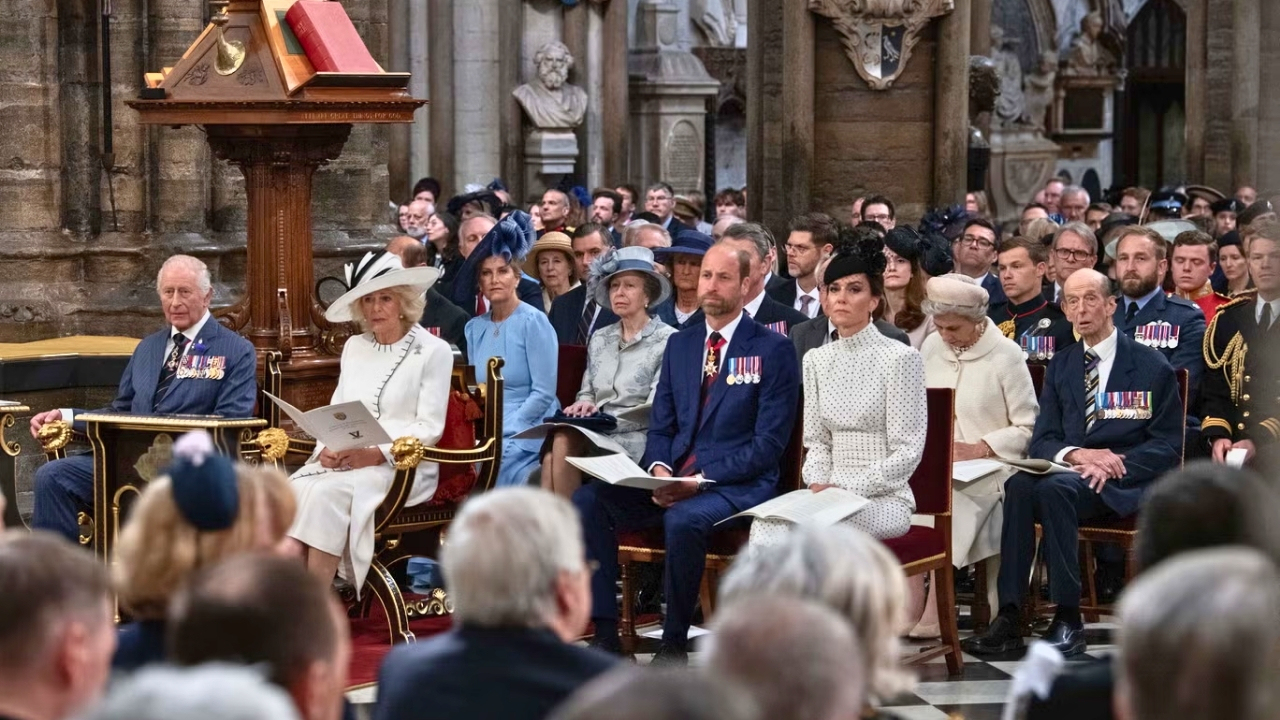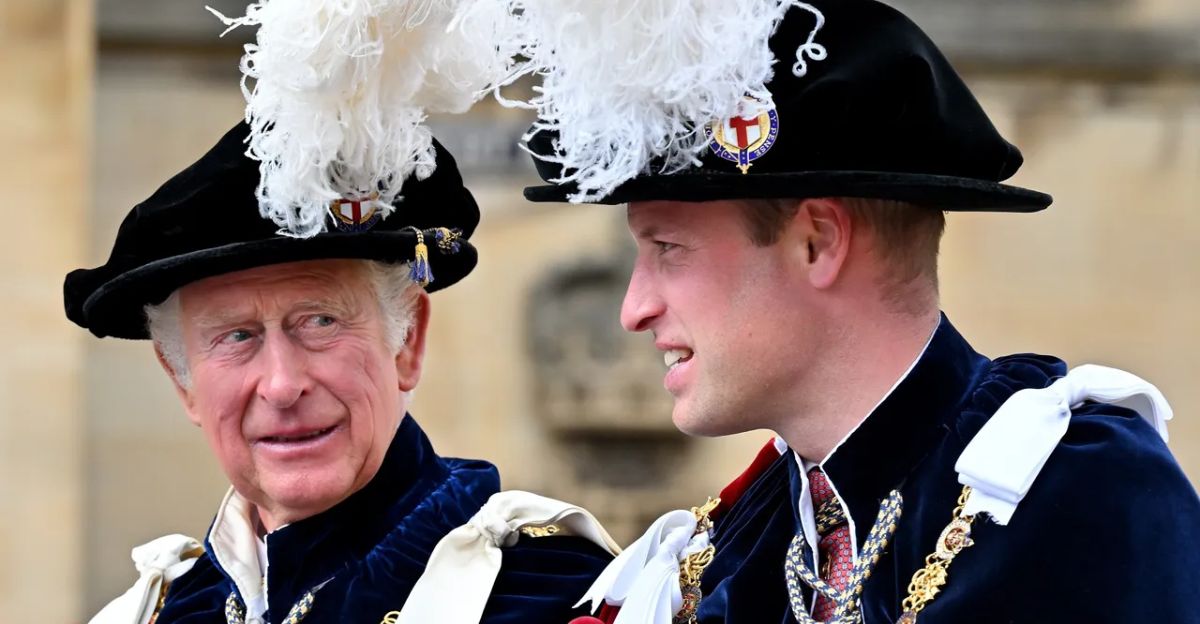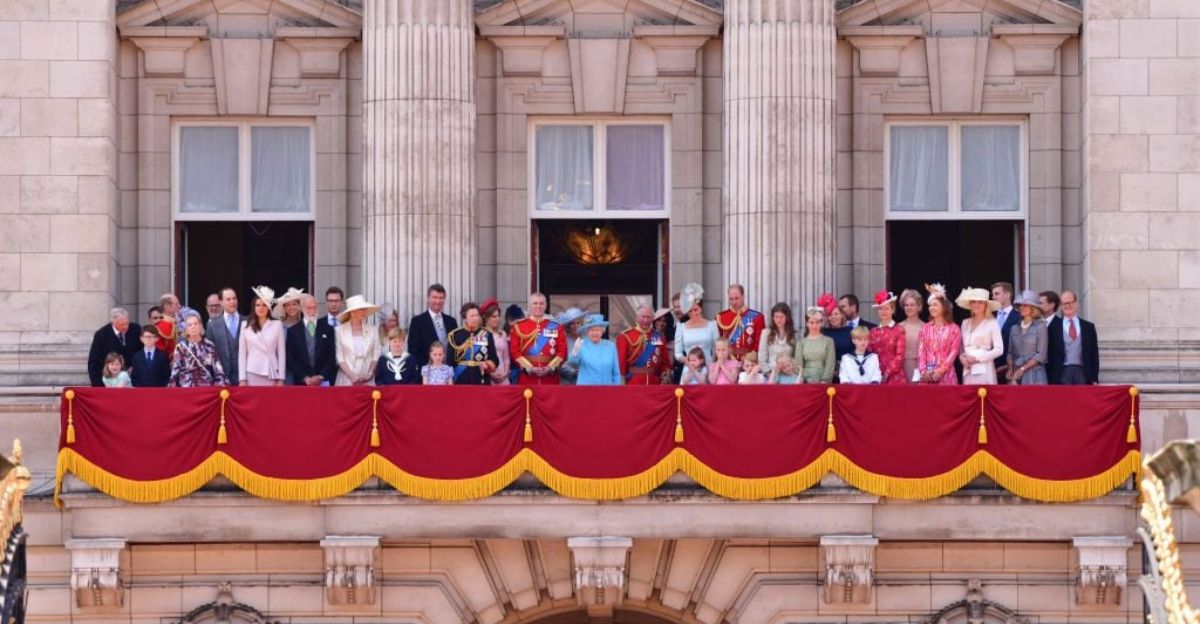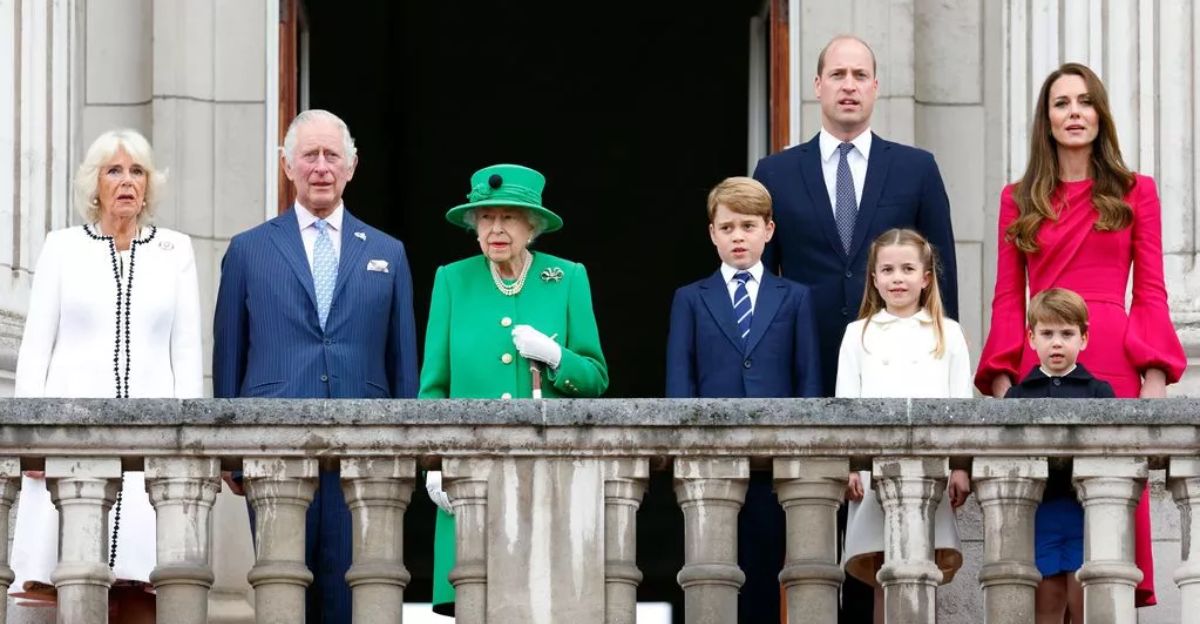
Prince William’s plans to reassess royal titles for up to nine family members—including his own children—signal a major shift in the future of the British monarchy. As he prepares to inherit the throne, William is considering stripping non-working royals of their dukedoms and the “HRH” honorific, a move that would fundamentally reshape the institution’s structure and public role. This strategy follows King Charles’s unprecedented removal of Prince Andrew’s titles in November 2025, marking the first time in modern history that a royal’s status was formally revoked due to scandal.
A Break from Tradition

Historically, royal titles have been seen as lifelong honors, rarely revoked except in cases of abdication or scandal. The 1936 abdication of Edward VIII remains the most famous example, but William’s approach is distinct: rather than a single dramatic event, he is planning a systematic reassessment of royal status. This move departs from centuries of tradition, where titles were granted by birthright and rarely questioned. By focusing on nine members of the extended royal family—roughly half of those currently holding titles—William is positioning himself to redefine the monarchy’s composition, prioritizing institutional viability over inherited privilege.
Family Tensions and Institutional Reform

William’s modernization plans reflect both strategic calculation and personal family dynamics. He is reportedly “deeply let down” by ongoing rifts within the royal family, particularly in the wake of Prince Andrew’s removal and the ongoing estrangement with Prince Harry. The proposed “parking” of his own children’s titles—temporarily withholding them until the children choose to accept royal responsibilities—demonstrates a willingness to place institutional stability above personal relationships. This approach signals a generational shift, where royal status is no longer guaranteed but instead tied to active service and public contribution.
The Impact on Non-Working Royals

Royal observers agree that an enlarged royal family with non-working members has diminished public support and accountability. William’s plan targets family members who no longer perform official duties, aligning with public expectations for financial responsibility and transparency. The nine individuals under consideration include Harry, Meghan, Archie, Lilibet, Eugenie, Beatrice, and William’s own children, George, Charlotte, and Louis. By making royal status conditional on service, William is introducing a new paradigm where titles reflect functional roles rather than birthright alone.
Economic and Psychological Consequences

The financial implications of title reassessment are significant, affecting royal estates, inheritance arrangements, and the broader economic ecosystem tied to royal patronage. Revenue from public engagement, brand value, and charitable partnerships could all be impacted by these changes. Supporters argue that such restructuring is necessary to ensure the monarchy’s long-term relevance, while critics warn of potential family rifts and legal complexities. The psychological toll on family members is also notable, with concerns about betrayal, fractured relationships, and the redefinition of royal identity. Minors like George, Charlotte, Louis, Archie, and Lilibet may see their titles reconsidered before they reach adulthood, adding uncertainty to their futures.
The Monarchy’s Future
William’s modernization strategy is widely seen as a necessary evolution for the monarchy in the 21st century. By evaluating each family member’s role and contribution, he is responding to contemporary demands for accountability and transparency. This approach challenges traditional views of unqualified royal privilege, reflecting modern governance principles where non-performing members risk reassessment to preserve institutional health. As the monarchy navigates these changes, the balance between tradition and adaptation will shape its future stability and public support. The global perspective will continue to watch closely, as the British monarchy faces a pivotal moment in its history.

